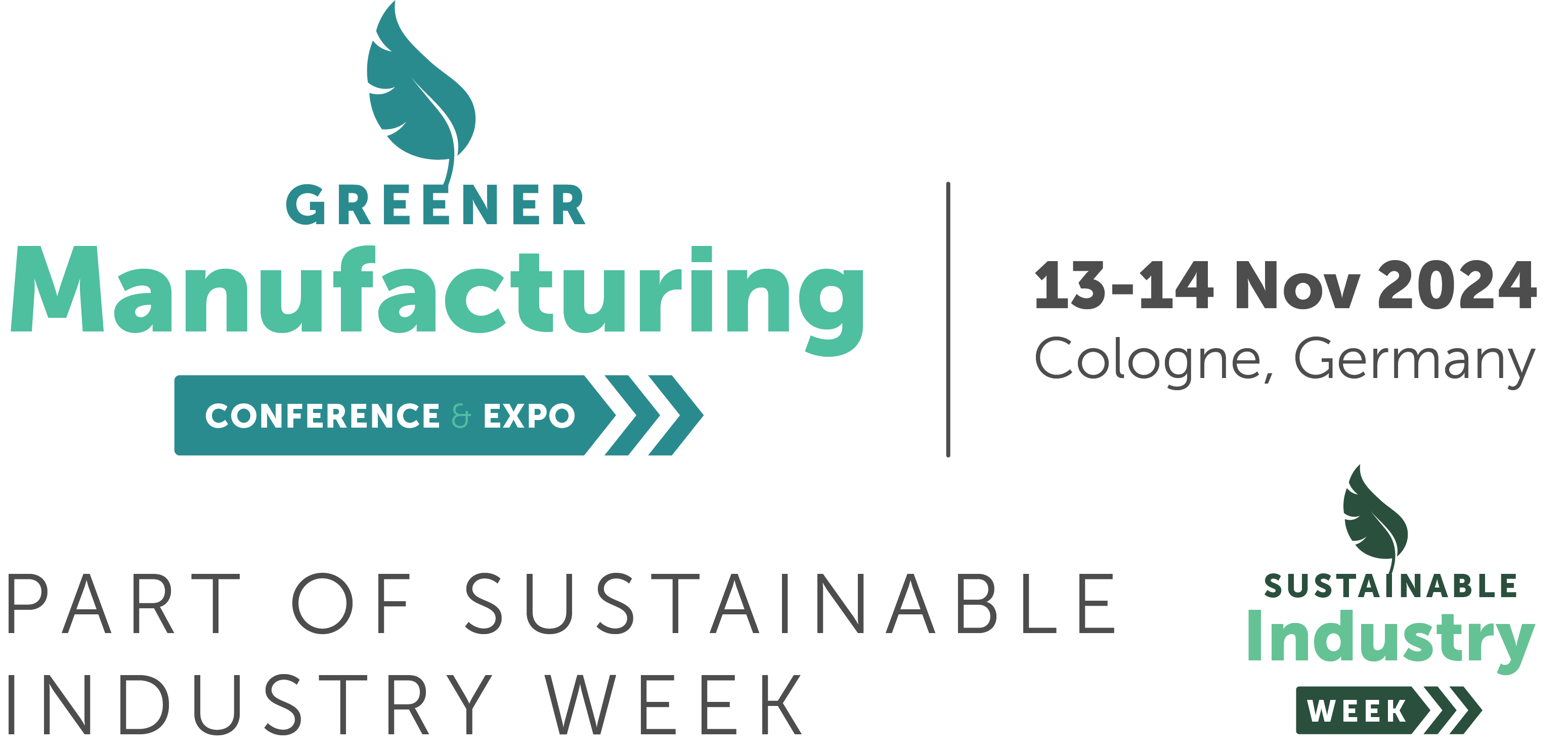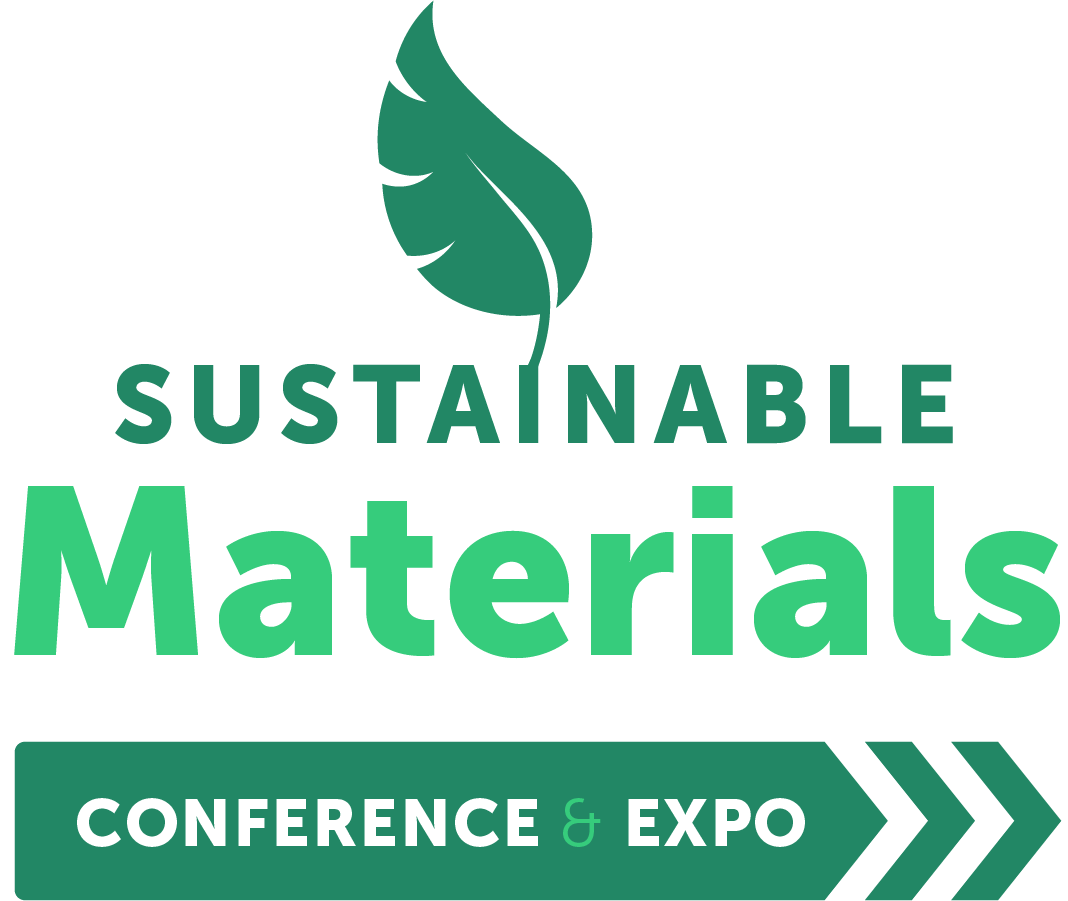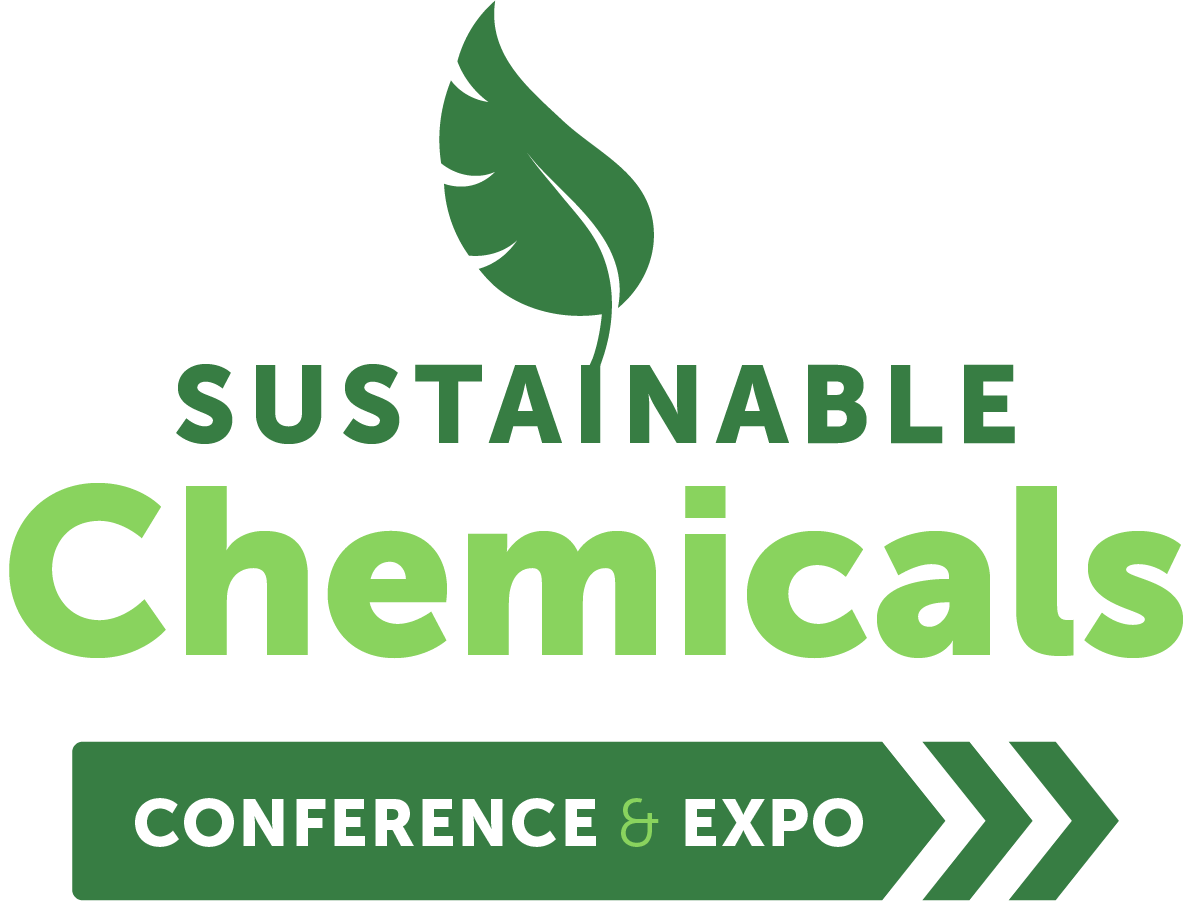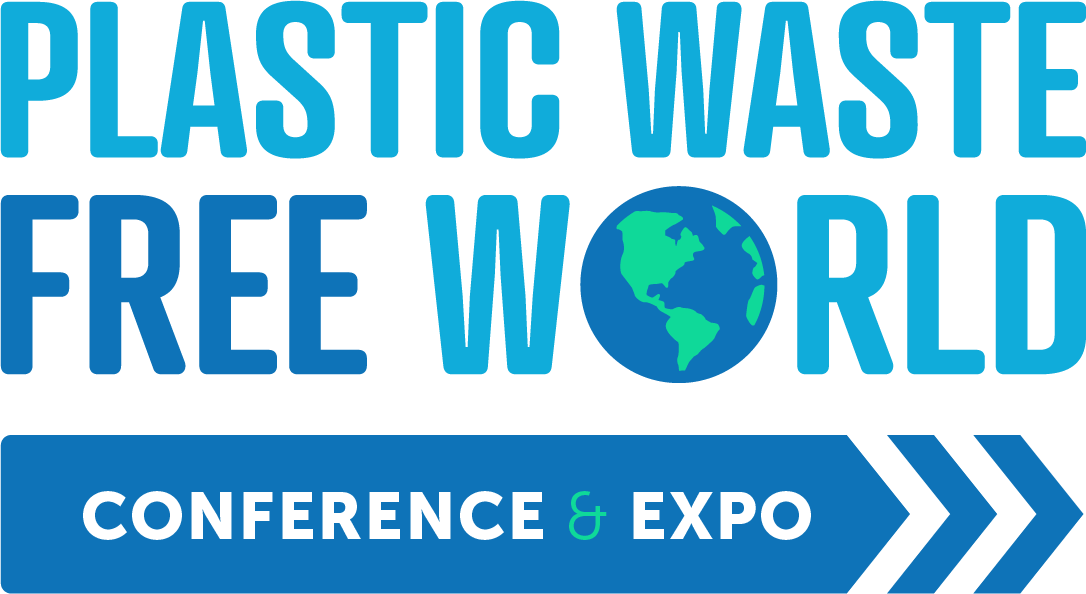Leather Industry Plays Crucial Role in Circular Economy, Says WWF
)
A new report by the World Wildlife Fund (WWF) has highlighted the crucial role the leather industry plays in creating a circular economy. The report, titled "Leather Also Has a Role to Play in the Fight Against Deforestation," notes that, as leather is a by-product of the meat industry, and with global beef consumption rising, the leather industry plays a crucial role in circularity.
The industry upcycles leather hides into everything from shoes to aircraft seat covers, instead of the hides being sent to landfill, where they would emit hundreds of tons of methane each year.
Leather suppliers have welcomed the report. One such supplier is Bridge of Weir, the automotive leather division of Scottish Leather Group – of which Muirhead is the aviation leather business.
Dr Warren Bowden, head of sustainability & innovation at Bridge of Weir said: "It is a significant development for a globally trusted organisation such as the WWF to highlight the truth around leather and encourage the customers of leather manufacturers to collaborate across the full supply chain and increase consumer awareness of leather's sustainability.
"Across the industry, there needs to be a call to action to share and adopt progressive practices and educate. We are delighted the WWF is encouraging a proactive role for industry leaders and supporting the role of sustainable leather role for future generations. We pride ourselves on employing leading environmental practices, and we endeavour to share our learning with the wider industry, as recommended in the WWF report."
Bridge of Weir, together with Muirhead, has been investing in sustainable practices since 2003, including patented circular manufacturing processes that minimise the amount of waste sent to landfill and reduce their carbon footprint, while its multi-million-pound Thermal Energy Plant reclaims energy as steam and uses a proportion of this heat to directly power the tannery.
All the raw hides used in their leathers are a by-product of the local beef and dairy industries, of which over 98% are sourced locally within the UK and Ireland, reducing transportation pollution. The raw hides are sourced from responsible suppliers with 100% traceability and without risk of deforestation.
The companies also source natural, clean, local water from their own lake, with a Water Treatment & Recycling Plant (WTRP) plant enabling the recycling of up to 40% of treated water back into use within production – while the tannery uses 50% less water per hide than the industry standard.
The companies also publish an independently verified Life Cycle Analysis (LCA), outlining how their leathers are naturally sustainable, and produced responsibly. Details of Muirhead's 2022 Environmental Social and Governance (ESG) report can be found here.
The WWF report is a welcome endorsement of the leather industry's commitment to sustainability. As the world's population continues to grow, and with it the demand for meat, it is essential that we find ways to produce leather in a more sustainable way. The leather industry is well-placed to do this, and companies like Bridge of Weir and Muirhead are leading the way.





